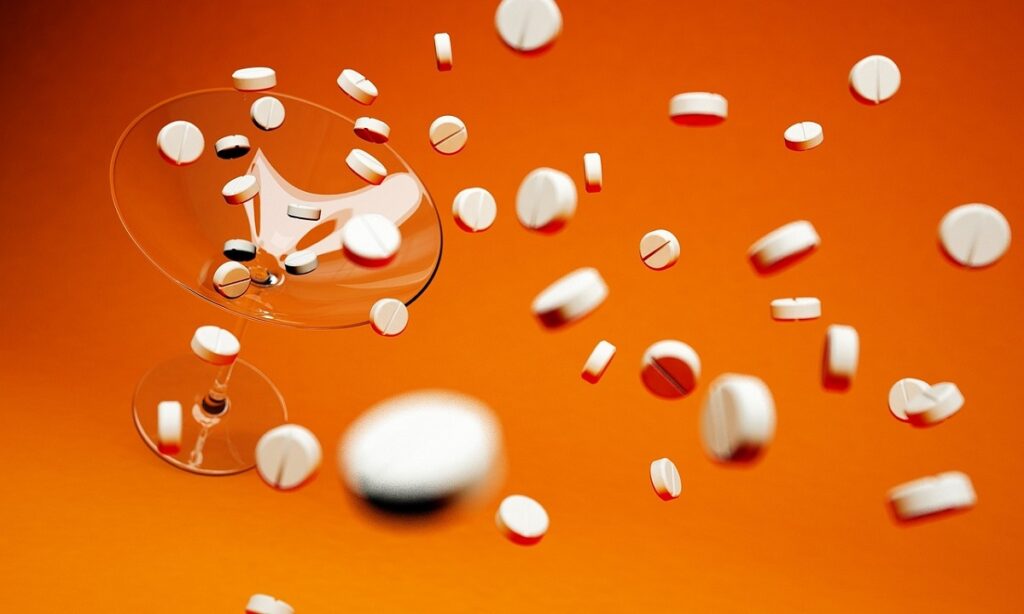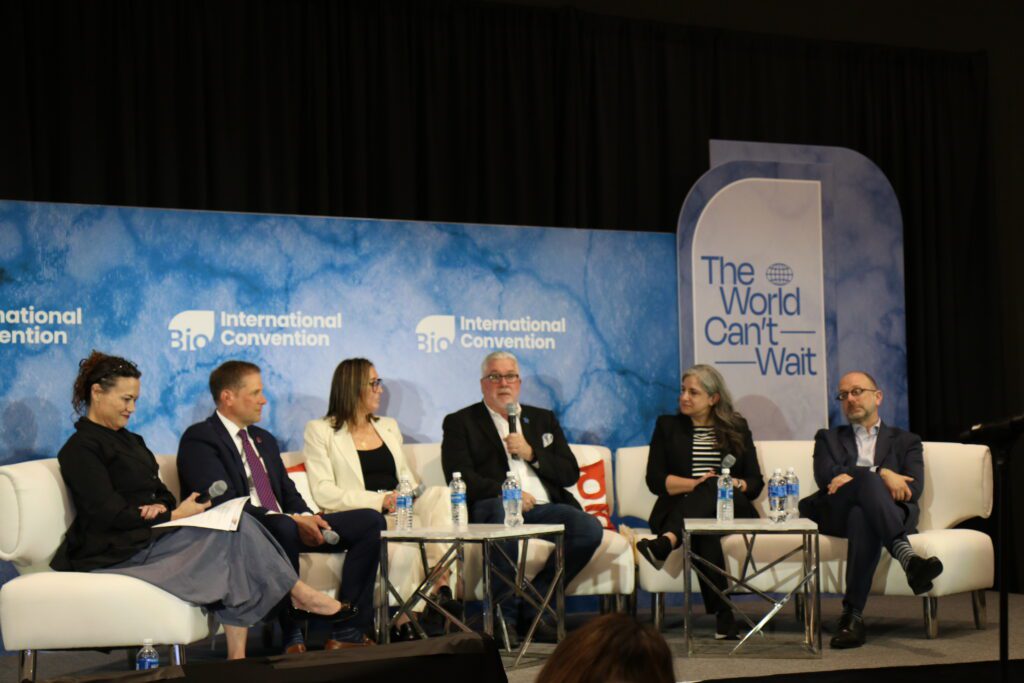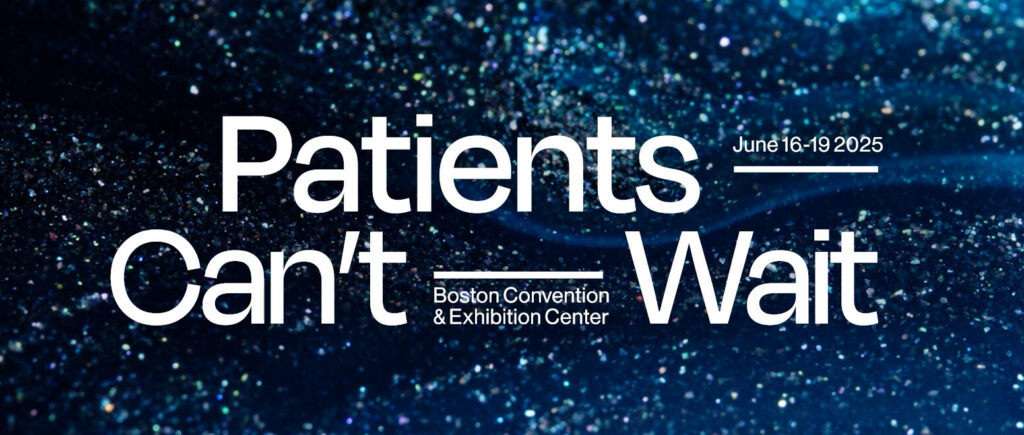The Biotechnology Innovation Organization (BIO) recently told the U.S. Patent and Trademark Office (USPTO) that proposed changes to the pharmaceutical patent process are flawed—and would harm innovation.
During a USPTO listening session in January, Hans Sauer, BIO’s Deputy General Counsel for IP said that USPTO sought comments on new proposals that would change the way pharma patents would be examined, reviewed, and enforced in order to execute the President’s drug pricing agenda.
BIO submitted two sets of comments last week—arguing that the proposed pharma patent changes would be harmful, are based on flawed and unproven narratives, and are contradicted by empirical data.
“The existing tools and systems that ensure a robust and technology-neutral patent system are working well,” said BIO’s comments to the USTO on patents. “Moreover, patented bio/pharmaceutical innovations ultimately have pro-competitive benefits because these inventions, upon patent expiry, form the basis for the generic and biosimilar pipeline.”
Evidence supports BIO’s claims
“There is no evidence that the drug and biopharmaceutical industries are obtaining patents that are different in scope, quality, duration, or number compared to any other industry. Empirical evidence shows that drugs and biologics developed by biopharmaceutical innovators are not covered by a disproportionate number of patents and they are not being used to extend patent terms,” said BIO’s comments on the USTPO-FDA collaboration.
The proposed USPTO-FDA collaboration “lacks focus and seems misdirected given the separate and distinct missions and roles of the PTO and FDA. Neither agency is tasked with the responsibility or authority for setting drug pricing, reimbursement, insurance coverage or the like,” BIO said.
The USPTO proposed the collaboration initiatives in July of last year via a letter to the FDA.
According to Bio.News, the USPTO said “these initiatives seek to improve cooperation between the USPTO and the FDA in order to make sure that the patent systems strike the right balance and encourage significant “innovation in drug development and supporting a competitive market” that can foster “greater access to medications for American families.”
Sauer said at the time that “while it is clear that these proposals are responsive to political narratives, the scope and contours of the underlying problems are subject to debate and poorly substantiated.”
Pharma patent protection is critical
“[B]iologics and pharmaceutical patent protection plays an essential role in fostering life sciences innovation. That incentive to innovate and to foster further development of life-saving drugs and new uses for existing drugs should be carefully protected,” according to BIO’s comments on patents.




